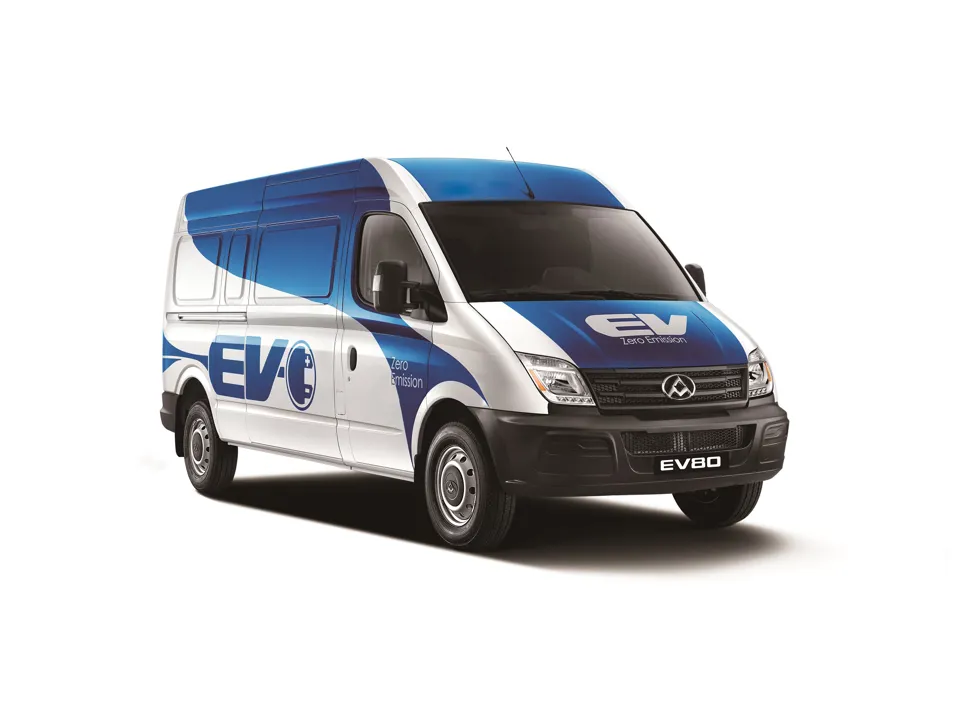Almost three quarters (71.4%) of van operators expect to use an electric vehicle in their fleet this year, says the Freight Transport Association (FTA).
The findings, from the FTA’s 2019 Logistics Report, show the commercial fleet industry’s commitment to employ alternative fuel vehicles (AFVs).
However, the FTA has warned that in order for van operators to make the switch, Government support will be crucial in making electric vehicles affordable.
Denise Beedell, policy manager for vans and urban at FTA, said: “FTA and its members are fully committed to reducing their carbon emissions wherever possible; we are not surprised, therefore, that so many intend to use electric vehicles in their van fleets, but they will need assistance from Government to be able to do so.
“By providing clear guidance on how it plans to upgrade the grid infrastructure – without all the costs falling on individual businesses – legislators would make the shift to electric an attractive option for companies of all sizes and shapes.
“But more must be done to ensure it is a fully viable low-emission solution. For example, electric vans are still significantly more expensive to purchase than their standard fuel-based counterparts.”
The FTA report, published in association with Santander Corporate and Commercial Banking, polled the opinions of more than 500 freight and logistics businesses to provide industry insight into the latest political and economic developments.
The survey found a further one in four van operators (24%) plan to use range-extended vehicles in their fleet, while two in five (41%) will opt for plug-in hybrid electric vehicles, and 7% will adopt hydrogen fuel cell vehicles.
Beedell continued: “As testament to the value it provides to the UK economy, the vans market continues to grow consistently, with 13% of survey respondents planning to increase their van fleet over the next 12 months.
“But the UK is facing a serious van driver shortage; these fears are exacerbated by the large proportion of EU nationals currently working across the vans market in the UK.
“The survey found that 20 per cent of all professional van drivers are EU nationals, but as this does not include people for whom van driving is not their primary role – plumbers and florists, for example – the figure is likely to be much higher.”
FTA is also calling for Government support to ensure non-UK logistics workers are welcomed in the UK, both before and after Brexit, “to prevent the shortage reaching catastrophic levels”, said Beedell.



















Login to comment
Comments
No comments have been made yet.